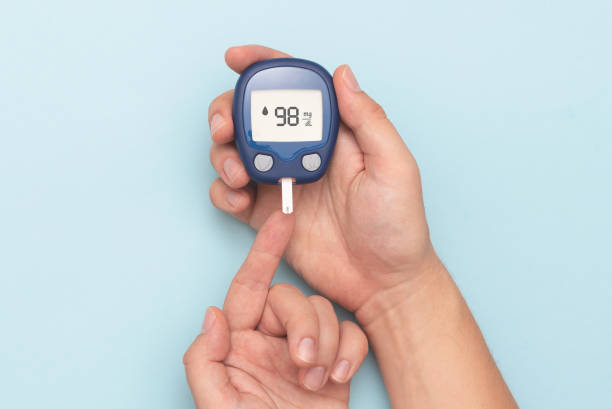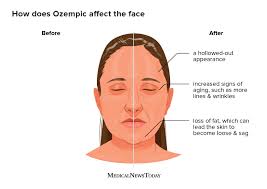There’s a class of type 2 diabetes drugs called GLP-1 agonists that not only helps manage your blood sugar but might also help you lose weight. They work by mimicking a hormone in your body called glucagon-like peptide 1 (GLP-1).
How Do GLP-1 Agonists Work?
When you eat and your blood sugar starts to rise, GLP-1 agonists step in to increase the production of insulin and slow down digestion. By boosting insulin production, your blood sugar levels go down which is very important for people with type 2 diabetes.

At the same time, these drugs slow down the movement of food so that you will feel full quicker and longer. While doctors are still figuring out all the details, they know that GLP-1 agonists help curb your appetite. By making you feel full more quickly and for a longer period, these drugs help you eat less, so you end up losing weight.
Besides controlling blood sugar and aiding weight loss, GLP-1 agonists have other benefits such as:
- They can lower the risk of heart problems like heart failure and stroke.
- They help protect your kidneys.Many people who take these drugs see improvements in their blood pressure and cholesterol levels.
How GLP-1 Drugs Helps Control Blood Sugar
When you eat, your body breaks down carbohydrates into simple sugars that enter your bloodstream. GLP-1 plays helps manage this process by triggering your pancreas to release insulin. Insulin helps move glucose (sugar) from your bloodstream into your cells, where it’s used for energy.
In people with type 2 diabetes, cells become resistant to insulin, or the body doesn’t produce enough of it. GLP-1 agonists help by stimulating the pancreas to release more insulin and also by suppressing glucagon (a hormone that raises blood sugar levels).
As mentioned previously, GLP-1 agonists also affect your metabolic health, brain and stomach. They reduce hunger and slow down the emptying of your stomach so you feel full longer.
GLP-1 agonists have been used for about 20 years to treat type 2 diabetes. Recently, the FDA has approved several of these drugs for weight loss in people with obesity, even if they don’t have diabetes.
Potential Side Effects of GLP-1 Drugs
If you’ve been hearing about GLP-1 drugs like Ozempic, you might have come across the term “Ozempic face.” This condition refers to changes in facial appearance due to rapid weight loss, which can happen with any GLP-1 drug or any quick weight loss method.

Those who experience this have:
- A hollowed look.
- Lips, cheeks, and chin might look different.
- Appearance of wrinkles.
- Eyes can appear more recessed.
- The skin around the jaw and neck might sag.
If weight loss happens slowly, these changes might be less noticeable. Rapid weight loss, like that often caused by GLP-1 drugs, can make these facial changes more prominent. If “Ozempic face” becomes significant, plastic surgery is an option for treatment.
The more frequent side effects of GLP-1 drugs are related to your digestive system such as:
- Nausea
- Vomiting
- Diarrhea
- Constipation
To help reduce these gastrointestinal side effects, try the following tips:
- Eat slowly and stop when you feel full.
- Have smaller portions.
- Avoid being overly active right after eating.
First Approved Oral GLP-1 Treatment for Type 2 Diabetes
In 2019, the U.S. Food and Drug Administration (FDA) approved Rybelsus (semaglutide) oral tablets for adults with type 2 diabetes. This was a big deal because it’s the first GLP-1 treatment available in pill form.
Before Rybelsus, GLP-1 treatments were only available as injections. This new pill makes managing diabetes easier and less intrusive. Lisa Yanoff, M.D., from the FDA, emphasized that patients want effective and convenient treatment options. With Rybelsus, people now have a way to manage their diabetes without needles.
The FDA approved Rybelsus after studying its effectiveness and safety in several clinical trials. These trials included comparisons with placebo treatments and other GLP-1 injections. Rybelsus was tested both as a standalone treatment and in combination with other diabetes medications like metformin, sulfonylureas, SGLT-2 inhibitors, insulin, and thiazolidinediones. The results showed that Rybelsus can effectively lower blood sugar levels in patients with type 2 diabetes.